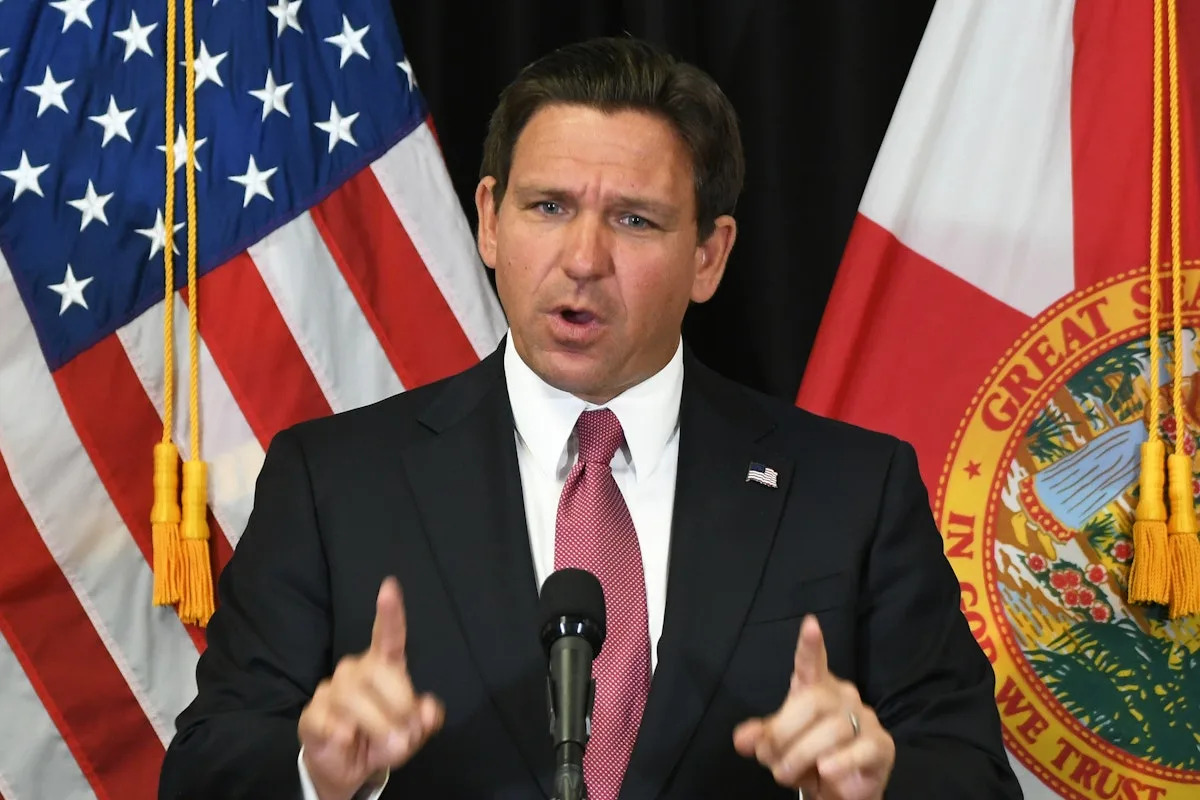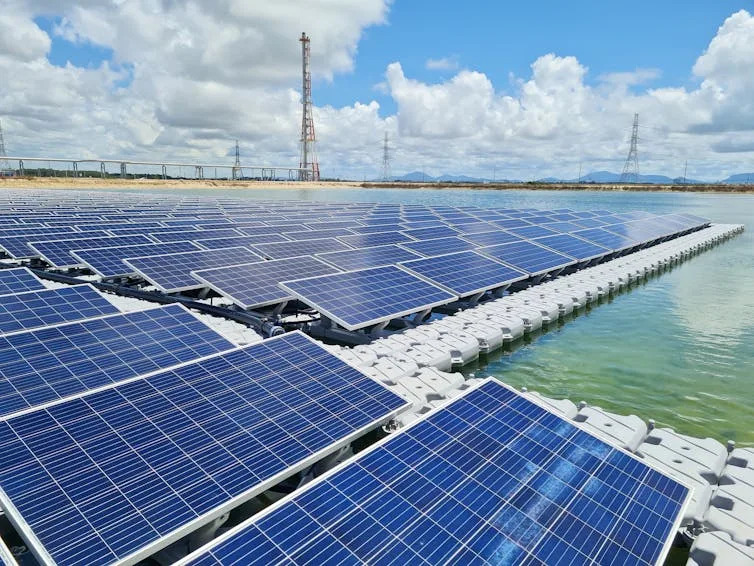Tue, May 14, 2024

David Shankbone/Wikimedia Commons
On May 12, 2024, dozens of Duke University's graduating students staged a walkout as the ceremony's guest speaker, comedian Jerry Seinfeld, stepped up to the lectern. They chanted "Free, free Palestine" as other students appeared to jeer them. (Duke's student newspaper described the number of students walking out as about 100.)
The walkout prompted many people online to claim the students were protesting because Seinfeld is Jewish, and those who participated in the walkout were antisemitic. A post by former U.S. Rep. Adam Kinzinger, an Illinois Republican, stated, "So students at Drake [sic] walk out because the speaker, Jerry Seinfeld, is Jewish? This is antisemitism, cloaked in concern for Gaza."
Another post, from Democratic U.S. Rep Daniel Goldman of New York, said: "Jerry Seinfeld is a Jewish American who has nothing at all to do with Israel's foreign policy or military defense. Holding an American Jew responsible for the actions of the Israeli government is quintessential antisemitism."
However, the organizers of the walkout stated a number of reasons for their protest, and none of them had to do with Seinfeld's religious identity. They included Seinfeld's vocal support for Israel, protesters' calls for Duke University to disclose its investments in Israel as well as divest from companies with ties to Israel, and calls for a cease-fire.
Snopes found no documented evidence that the organizers were walking out due to the speaker's Jewish identity, nor did we come across footage or slogans in which protesters used antisemitic language. We also cannot fully determine the intentions of each and every student participating in the protest. We have reached out to a student organizer behind the walkout and will update this story if we receive more information.
Seinfeld and his wife expressed their support for Israel after the Oct. 7, 2023, attacks in which Hamas militants killed approximately 1,200 people in Israel and took hundreds of hostages. In December 2023, he visited hostages' families in Tel Aviv, and posted on his Instagram page, "I will always stand with Israel and the Jewish people."
His wife, Jessica Seinfeld, said she donated to support counterprotests to the pro-Palestine demonstrations at the University of California, Los Angeles. A group of counter-protesters swarmed the UCLA Palestine solidarity encampment, attacked the protesters, tried to break down barricades and shot fireworks into the camp, according to the Los Angeles Times. Jessica Seinfeld reportedly condemned that violence. (It is unknown whether the counter-protesters were affiliated with the fundraiser she contributed to.)
In 2018, Jerry Seinfeld and his family visited the so-called "Anti-terror Fantasy Camp" in the West Bank's Gush Etzion bloc — which is made up of numerous Israeli settlements, illegal under international law. At the camp, they experienced what Israeli news outlet Haaretz described as a counterterrorism and security training academy with programs for tourists seeking a taste of the Israeli military experience.
In their comments to the media, student protesters at Duke repeatedly drew attention to the crisis in Gaza, where Israeli military operations have killed around 35,000 people.
Skijler Hutson, one of the student organizers, told The Chronicle, Duke's student newspaper, that the university's decision to have Seinfeld as commencement speaker "only solidified what has long been obvious: Duke University is more concerned with the interests of its donors than with taking action against genocide."
Zella Hanson, another organizer described in the story as an anti-Zionist Jew, told The Chronicle that — in addition to the university's decision to invite Seinfeld to speak, despite him being "an avid supporter of the Israeli military … [that] is committing genocide in Gaza" — students were protesting how "every university in Gaza has been destroyed."
(In May 2024, Reuters reported, according to Palestinian data, all 12 of Gaza's higher-education institutions were damaged or destroyed. More than 350 teachers and academics have been killed, and around 90,000 students were left stranded without any educational institutions, according to the data.)
Shreya Joshi, another organizer of the protest, told The New York Times the students began to plan the walkout after Seinfeld was selected as the guest speaker. She said the pain of missing out on graduation paled in comparison to what people in Gaza were experiencing.
She added they tried to leave without creating disruption while Seinfeld received his honorary degree because "none of us particularly wanted to listen to Seinfeld."
Joshi told The Chronicle that the protesters felt an obligation to act as their class graduation "takes place as the genocide of the Palestinian people enters its eighth bloody month."
Other students said the walkout would have happened regardless of who was speaking. One senior, Jen Gobaira, said to The Chronicle that they left as Seinfeld began talking about how he was brought in for "light entertainment." Gobaira said they thought, "Actually, that's not what I need right now," and left.
In advance of the ceremony, the organizers distributed flyers with their demands to the university, which included Duke disclosing any investments in Israel, divesting from holdings in companies "profiting from the occupation of Palestine," boycotting academic partnerships with Israeli universities and demanding an immediate cease-fire.
Footage from the event showed protesting students leaving while holding up the Palestinian flag, with others wearing the kaffiyeh scarf, historically described as a symbol of solidarity with the Palestinians.
Some students who did not participate in the protest supported the walkout, saying it did not disrupt the event and allowed students to voice their opinions. Others said they simply wanted to enjoy graduation and did not support the protest.
Sources:
Alkas, Dawoud Abu, et al. "Gazans Strive to Study as War Shatters Education System." Reuters, 13 May 2024. www.reuters.com, https://www.reuters.com/world/middle-east/gazans-strive-study-war-shatters-education-system-2024-05-13/. Accessed 13 May 2024.
Briquelet, Kate. "Jessica Seinfeld and Bill Ackman Fund Pro-Israel Counterprotests at Colleges." The Daily Beast, 1 May 2024. www.thedailybeast.com, https://www.thedailybeast.com/jessica-seinfeld-and-bill-ackman-fund-pro-israel-counterprotests-at-ucla. Accessed 13 May 2024.
"Duke Students Walk out of Jerry Seinfeld Graduation Speech in Gaza Protest." The Guardian, 13 May 2024. The Guardian, https://www.theguardian.com/us-news/article/2024/may/13/jerry-seinfeld-duke-university-graduation-protest. Accessed 13 May 2024.
"Duke Students Walk out of Jerry Seinfeld Graduation Speech in Gaza Protest." Guardian, 2024. YouTube, https://www.youtube.com/watch?v=3aE7i22MiGY. Accessed 13 May 2024.
Flegenheimer, Matt, and Marc Tracy. "Jerry Seinfeld Can No Longer Be About Nothing." The New York Times, 4 May 2024. NYTimes.com, https://www.nytimes.com/2024/05/04/us/politics/jerry-seinfeld-antisemitism-jewish-identity.html. Accessed 13 May 2024.
"Gush Etzion Junction: The Deadly Roundabout." BBC News, 27 Apr. 2016. www.bbc.com, https://www.bbc.com/news/magazine-36102449. Accessed 13 May 2024.
"Israel's Settlements Have No Legal Validity, Constitute Flagrant Violation of International Law, Security Council Reaffirms." United Nations, 23 Dec. 2016. https://press.un.org/en/2016/sc12657.doc.htm. Accessed 13 May 2024.
"Jerry Seinfeld and Family Visit Anti-Terror Fantasy Camp in West Bank." Haaretz, 8 Jan. 2018. https://www.haaretz.com/israel-news/2018-01-08/ty-article/.premium/jerry-seinfeld-and-family-visit-anti-terror-fantasy-camp-in-west-bank/0000017f-e56e-d97e-a37f-f76fe60f0000. Accessed 13 May 2024.
Medina, Eduardo, and Emily Cataneo. "As Seinfeld Receives Honorary Degree at Duke, Students Walk Out in Protest." The New York Times, 12 May 2024. NYTimes.com, https://www.nytimes.com/2024/05/12/us/jerry-seinfeld-duke-students-walk-out-protest.html. Accessed 13 May 2024.
PerryCook, Taija. "Timeline: The Oct. 7 Hamas Attack and Israel's Retaliatory War on Gaza." Snopes, 20 Nov. 2023, https://www.snopes.com//articles/465623/oct-7-hamas-attack-and-israeli-retaliation/. Accessed 13 May 2024.
"Pro-Palestinian Graduates Stage Walk-out during Commencement, Host Alternative Ceremony and Advocate for Divestment from Israel." The Chronicle, https://www.dukechronicle.com/article/2024/05/duke-university-class-of-2024-commencement-walk-out-jerry-seinfeld-genocide-in-gaza-pro-palestine-divest-boycott-sanction-speak-alternative-graduation-ceremony-covid-19-pandemic-october-7-attacks-pro-israel-chapel-languages-building-national-movement. Accessed 13 May 2024.
"'Unacceptable': Why It Took Hours for Police to Quell Attack at UCLA pro-Palestinian Camp." Los Angeles Times, 1 May 2024, https://www.latimes.com/california/story/2024-05-01/why-did-it-take-police-so-long-to-end-the-violent-clashes-at-ucla. Accessed 13 May 2024.
"Nearly Three Dozen Students Walk out on Jerry Seinfeld's Duke Graduation Speech." WRAL, 2024. YouTube, https://www.youtube.com/watch?v=p2yBfrLlCcU. Accessed 13 May 2024.










